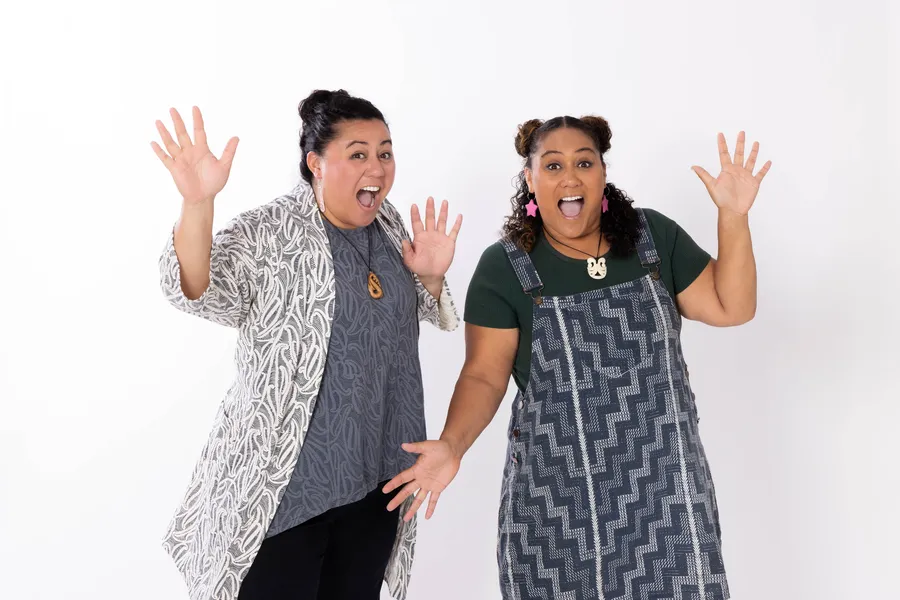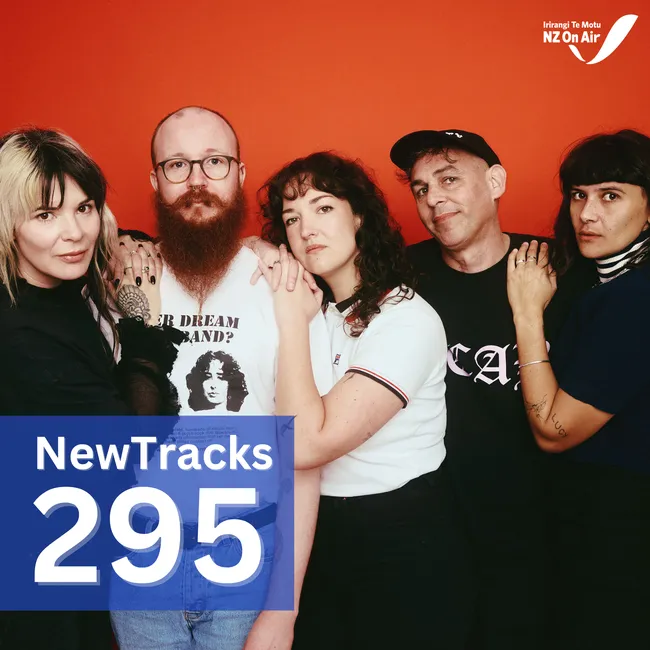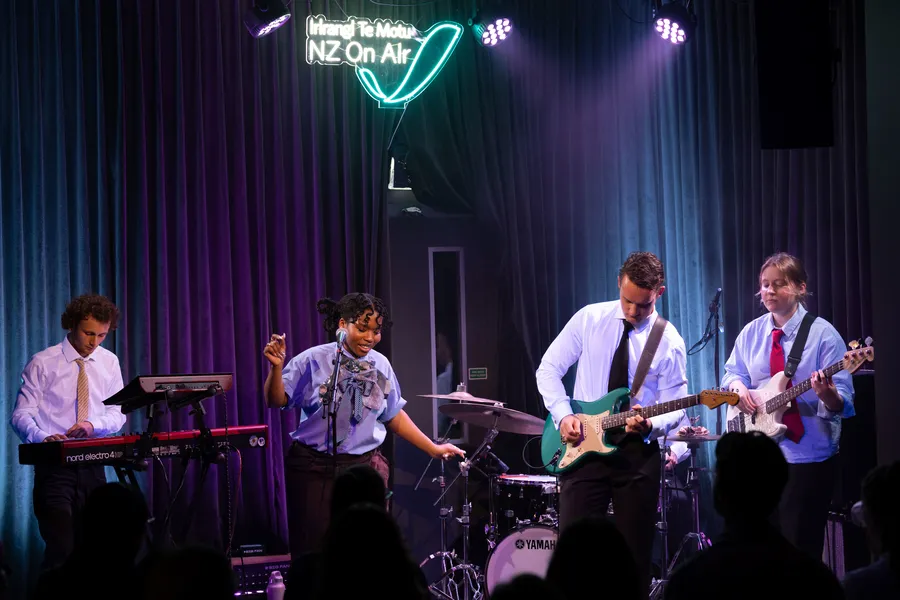NZ On Air experienced unprecedented demand for music funding this year. We supported 213 singles through 14 funding rounds, including our focus rounds (Waiata Takitahi, New Music Kids, New Music Pasifika and New Music Pan-Asian), and funded 37 New Music Projects (including New Music Project Kids).
In singles funding, there were 1,141 applications for those 213 grants while in New Music Projects (including New Music Project Kids) there were 69 applications with the budget to fund just 37. With the rise of streaming and intense competition from global artists, local musicians need top-tier content and resources to succeed. NZ On Air music funding supports New Zealand talent in creating these.
We received a total of 958 applications for New Music Singles (NMS) – down slightly from last year due to updated entry criteria and the introduction of an added budget requirement. 152 singles were funded through NMS, with 33 first-time recipients joining the fold. Of those funded singles, 41% went to female artists and 31% of all NMS applicants were women.
Of all funded singles, including focus rounds, 61 featured Māori artists or included te reo Māori, reflecting our commitment to cultural representation and language revitalisation. Stan Walker’s Māori Ki Te Ao stood out, spending an impressive 41 consecutive weeks at number one on the Te Reo Māori Singles Chart and winning the Te Māngai Pāho Mana Reo award at the 2025 AMAs.
Supporting artists
Our support continues to make a difference: 80% of AMA winners were funded by NZ On Air in 2025 and 48% of Music Features songs successfully crossed over to mainstream playlists. Corrella’s Blue Eyed Māori held the number one spot on the NZ Singles Chart for 13 consecutive weeks, while Hori Shaw’s Back in My Arms became the most streamed local song of the year.
In response to feedback from the sector from Victoria Kelly’s 2023 Music Funding Review, NZ On Air implemented several key changes. These included increasing funding amounts, removing financial co-investment requirements, making the Artist Creation fee compulsory, and shifting drawdowns to advance payments rather than reimbursements. These updates reflect our commitment to supporting artists with the resources they need to thrive in a competitive global music landscape.
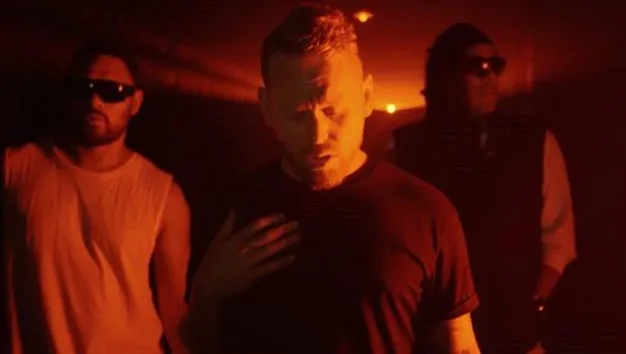
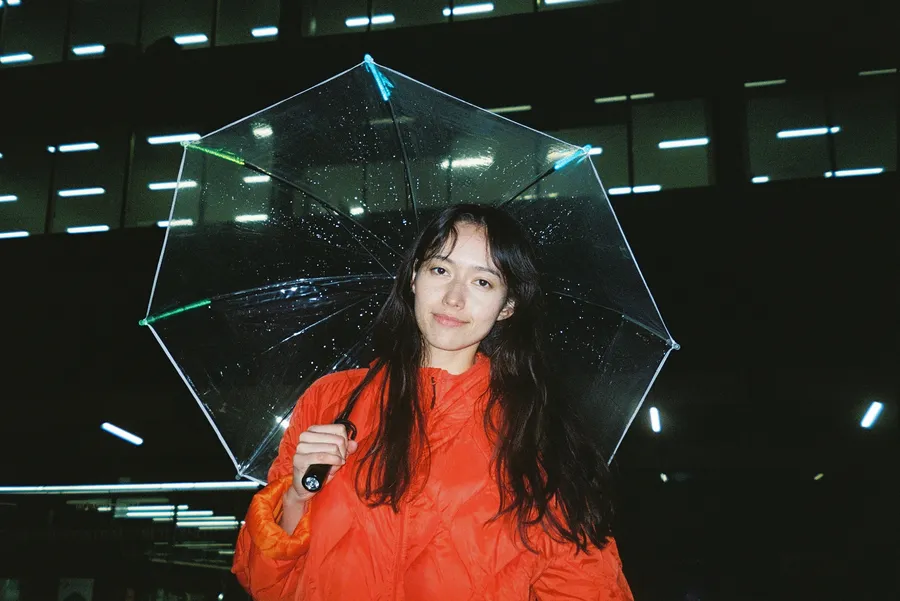
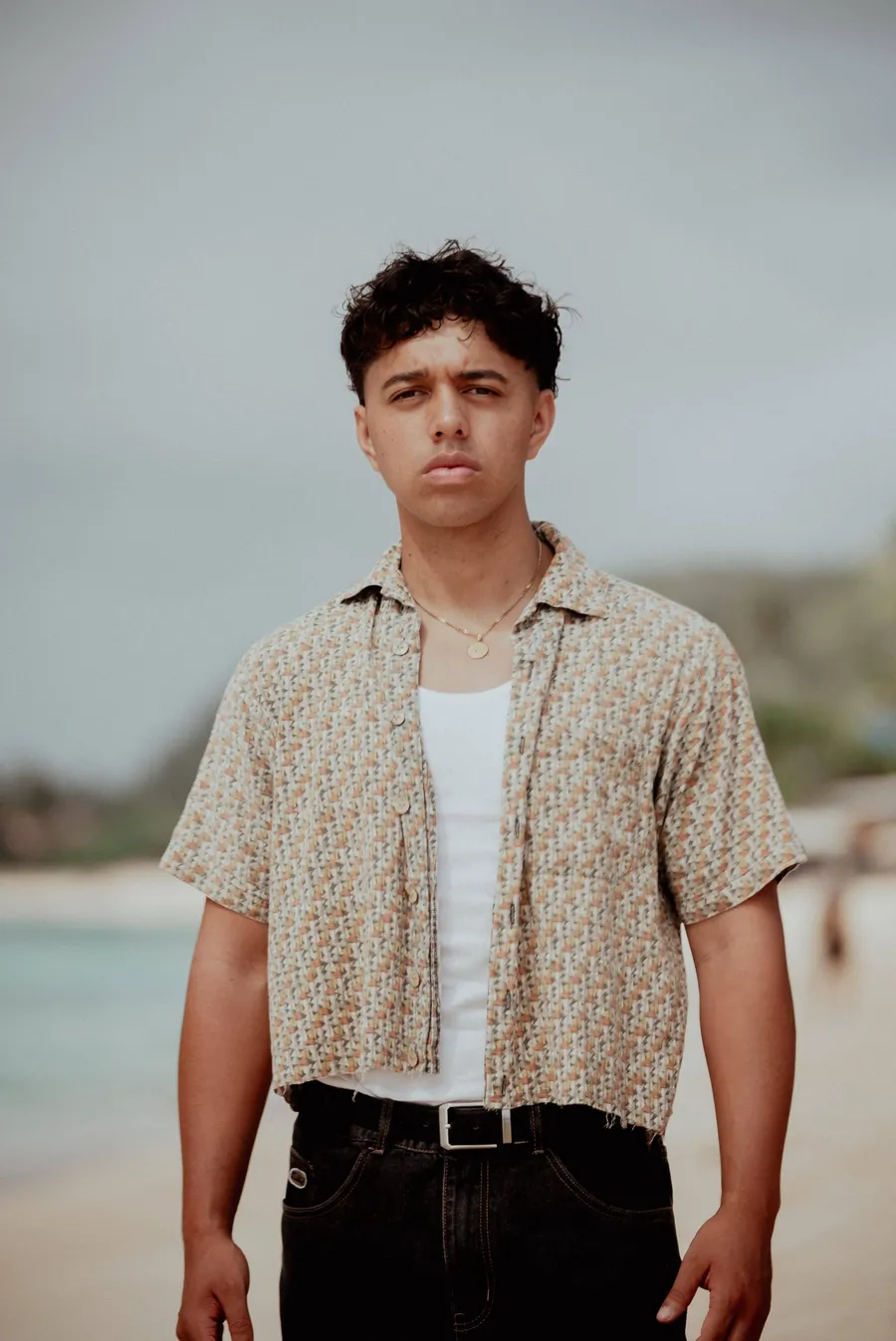
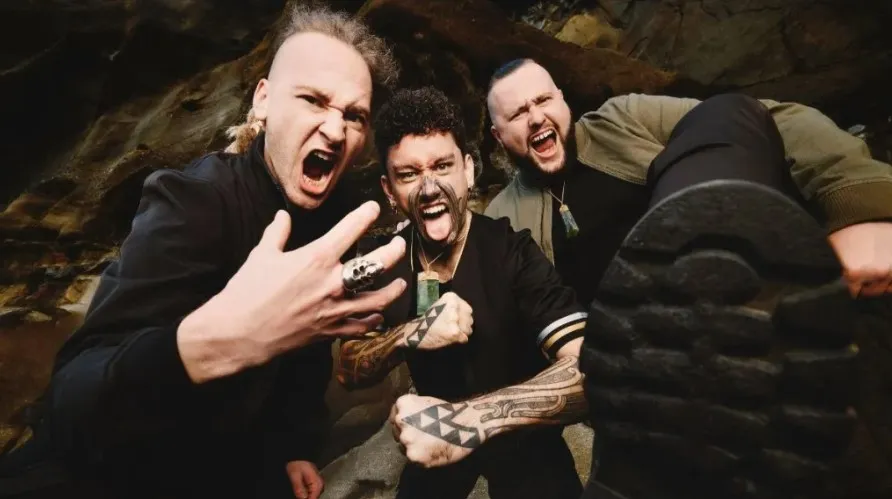
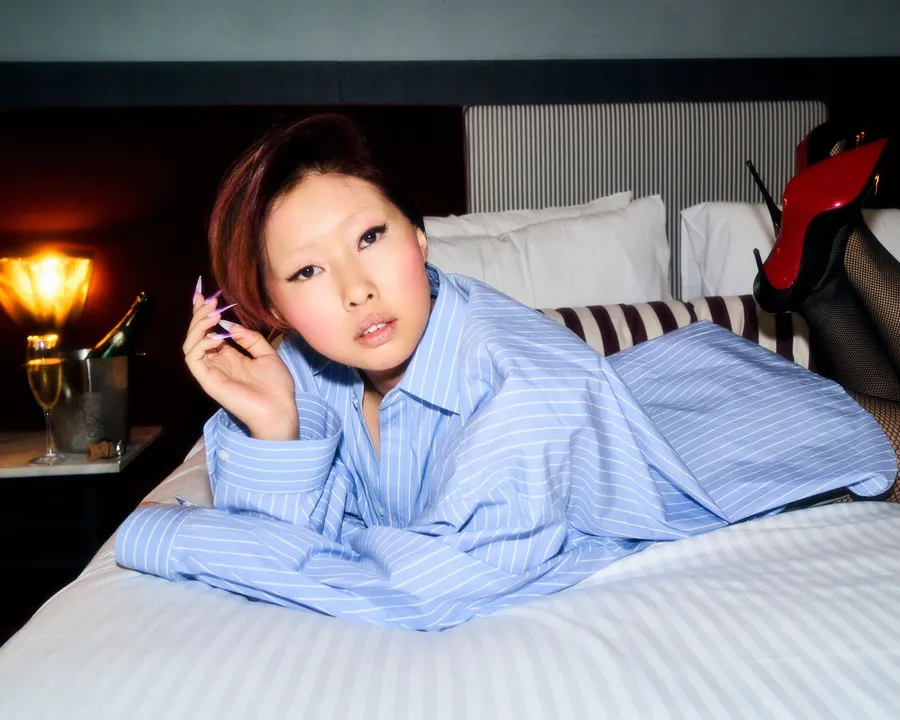
![[WEB] RIIKI_REID_Lead_Press (1)](https://d3r9t6niqlb7tz.cloudfront.net/media/images/WEB_RIIKI_REID_Lead_Press_1.width-900.webp)
